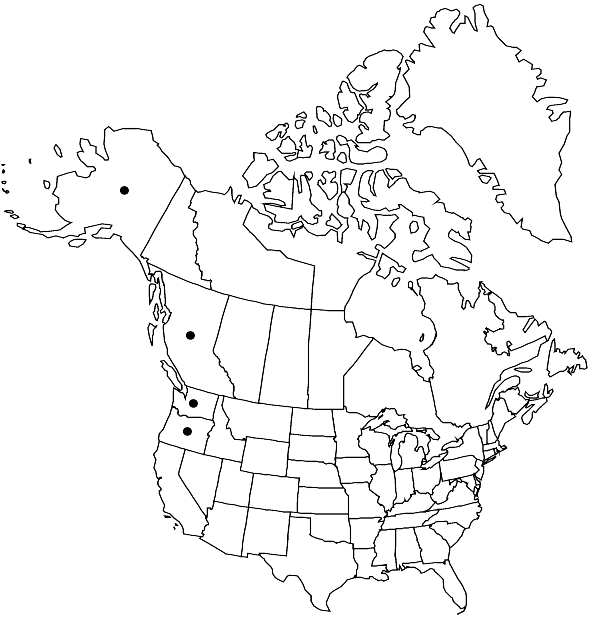Difference between revisions of "Sphagnum pacificum"
Bryologist 92: 116, figs. 1–20. 1989,.
FNA>Volume Importer |
FNA>Volume Importer |
||
| Line 30: | Line 30: | ||
-->{{#Taxon: | -->{{#Taxon: | ||
name=Sphagnum pacificum | name=Sphagnum pacificum | ||
| − | |||
|authority=Flatberg | |authority=Flatberg | ||
|rank=species | |rank=species | ||
| Line 44: | Line 43: | ||
|publication year= | |publication year= | ||
|special status= | |special status= | ||
| − | |source xml=https://jpend@bitbucket.org/aafc-mbb/fna-data-curation.git/src/ | + | |source xml=https://jpend@bitbucket.org/aafc-mbb/fna-data-curation.git/src/f50eec43f223ca0e34566be0b046453a0960e173/coarse_grained_fna_xml/V27/V27_55.xml |
|genus=Sphagnum | |genus=Sphagnum | ||
|section=Sphagnum sect. Cuspidata | |section=Sphagnum sect. Cuspidata | ||
Revision as of 21:03, 16 December 2019
Plants moderate-sized and fairly strong-stemmed; green, yellow to yellowish brown; capitulum 5radiate in shade forms to hemispherical in open grown or drier growing forms. Stems pale green to pale brown, sometimes with red branch bases; superficial cortex of 2 layers of enlarged, clearly differentiated and thin-walled cells. Stem leaves triangular to lingulate-triangular, 0.8–1.3 mm; typically appressed; apex acute to apiculate; hyaline cells efibrillose and nonseptate to rarely septate. Branches straight and somewhat tapered, usually 5-ranked; leaves little elongate at the distal branch end. Branch fascicles with 2 spreading and 2–3 pendent branches. Branch stems green but often reddish at proximal end, with cortex enlarged with conspicuous retort cells. Branch leaves ovate to narrowly ovate-lanceolate; (1.1–)1.4–1.8(–3.1) mm; slightly undulate and sharply recurved when dry, somewhat subsecund; margins entire; hyaline cells on convex surface with usually 1 round pore on apical end, on concave surface with wall thinnings in the cell ends and angles; chlorophyllous cells broadly triangular in transverse section and very deeply enclosed on the concave surface. Sexual condition dioicous. Spores 19–25 µm; finely papillose on both surfaces.
Habitat: Forested and open poor fen habitats, often as a ruderal species in extensive mats
Elevation: low to moderate elevations
Distribution

B.C., Alaska, Oreg., Wash.
Discussion
Sporophytes in Sphagnum pacificum are uncommon. See discussion under 26. S. brevifolium. Characters of the spores are taken from Flatberg’s description.
Selected References
None.